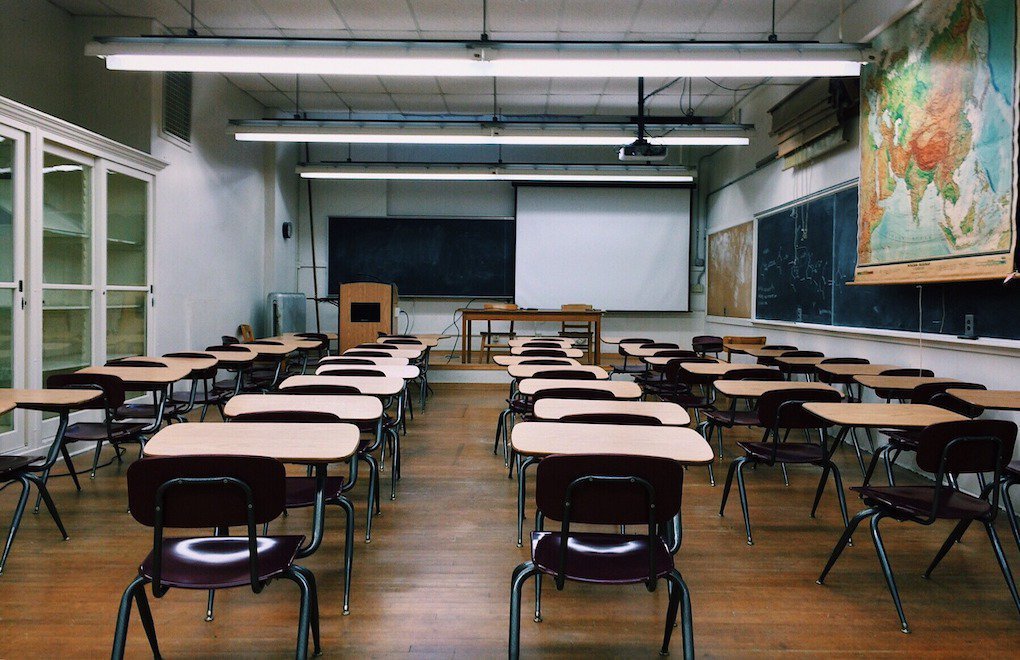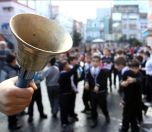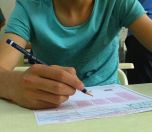Photo: Pixabay
Click to read the article in Turkish
The Turkish Respiratory Society (TÜSAD) has warned that reopening schools without taking the number of new Covid-19 cases under control may cause a significant increase in virus cases.
Pointing out the increase in new cases since late July, the association said that the average number of daily cases should be at early June levels for a relatively safe reopening.
The government lifted most restrictions in early June when there were about 800 to 900 daily cases. It has increased to mid-100s after the Sacrifice Feast holiday in late July.
The Ministry of National Education previously announced that school would open on August 31.
CLICK - 'Schools are too crowded for reopening, new ones should be built urgently'
Assoc. Prof. Berna Kömürcüoğlu from TÜSAD said that "We rank 17th among the countries with the highest number of cases in the world. According to the data of the Ministry of Health, it is observed that the number of new cases per day again exceeds 1100."
"The most important three rules that have been neglected, such as the misuse or non-use of masks, violation of the distance rule and not paying attention to hygiene, brought the increase in the number of cases. For this reason, we frequently emphasize that 'mask, distance and hygiene' rules should never be compromised. These rules need to be followed carefully," she said.
Prof. Ayşe Tana Aslan from the association said, "Although it has been reported that the frequency of Covid-19 disease among children is less than adults and it has a milder course, it has been found that the risk of infection in adolescents is higher than in young children. Also, it has been reported that severe illness, including death, can be seen in child patients."
"The role of children in Covid-19 transmission is not fully understood," she said, adding that children's infection might cause a serious threat for teachers and school employees.
On the precautionary measures to be applied in school that the ministry has announced, Aslan said they were "ideally very appropriate" but not quite possible to implement due to the physical conditions of most schools. The ministry has said that the class sizes would be reduced to maintain distance between students.
"Children's playing hours in social areas and using the same common game and dining areas will increase the risk of contamination," she further said. (TP/VK)







as.jpg)
